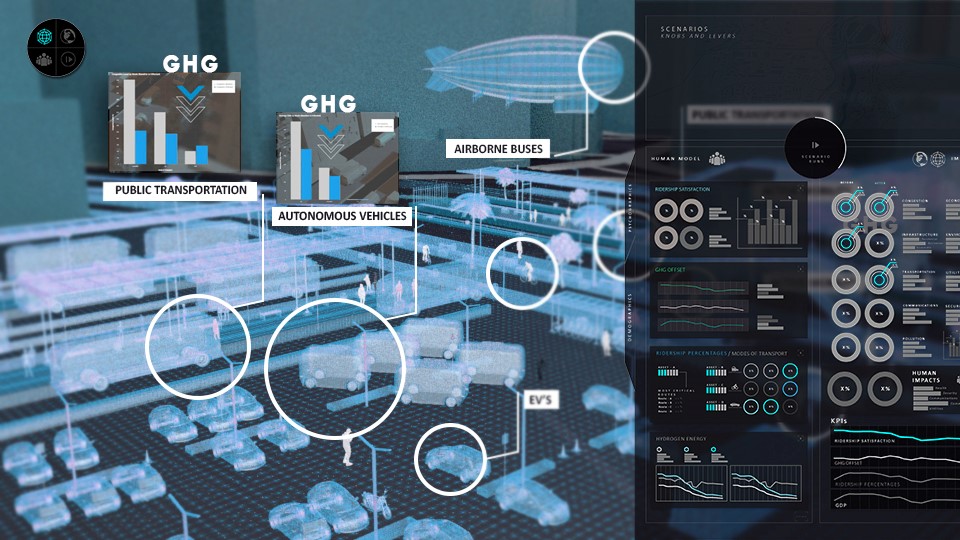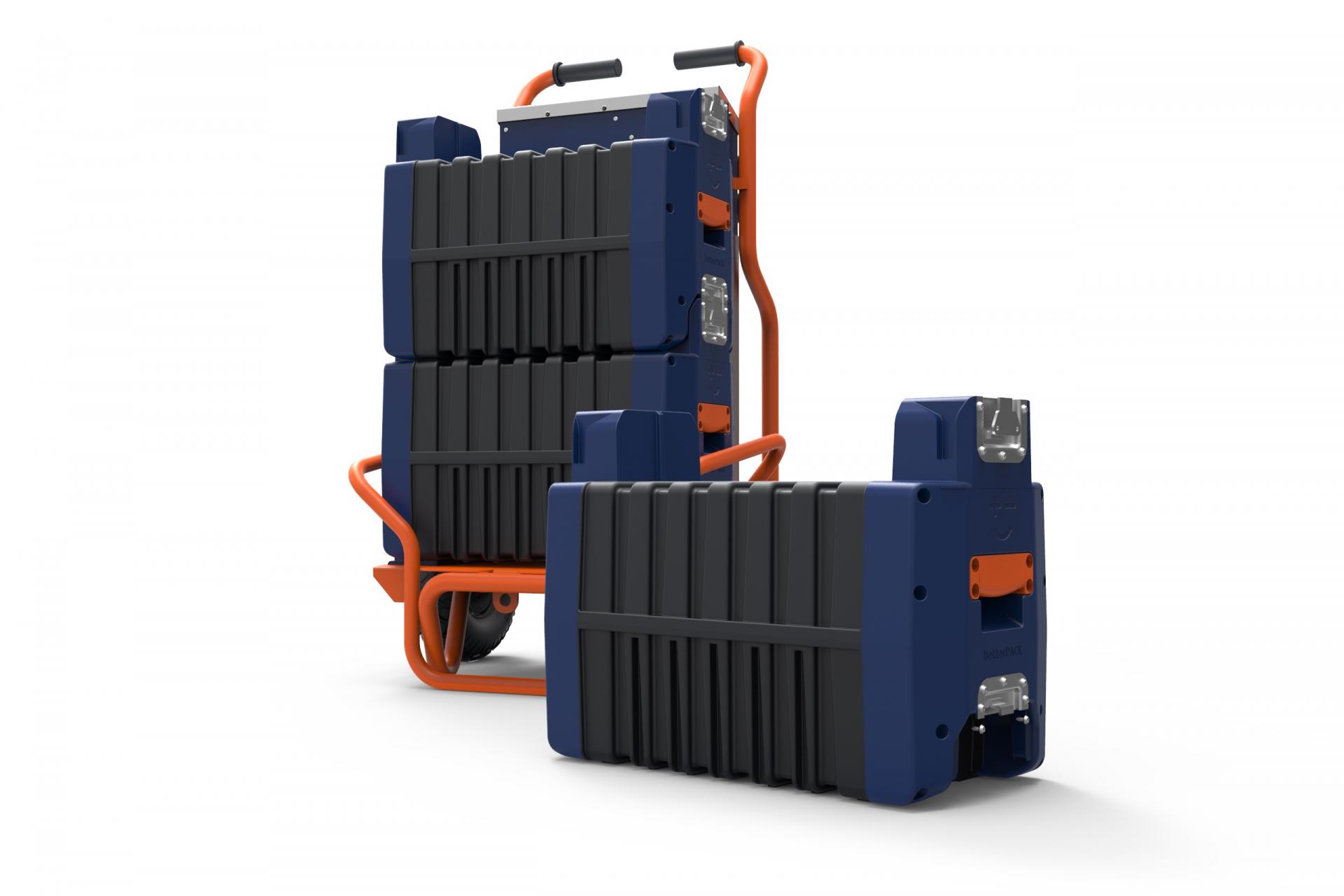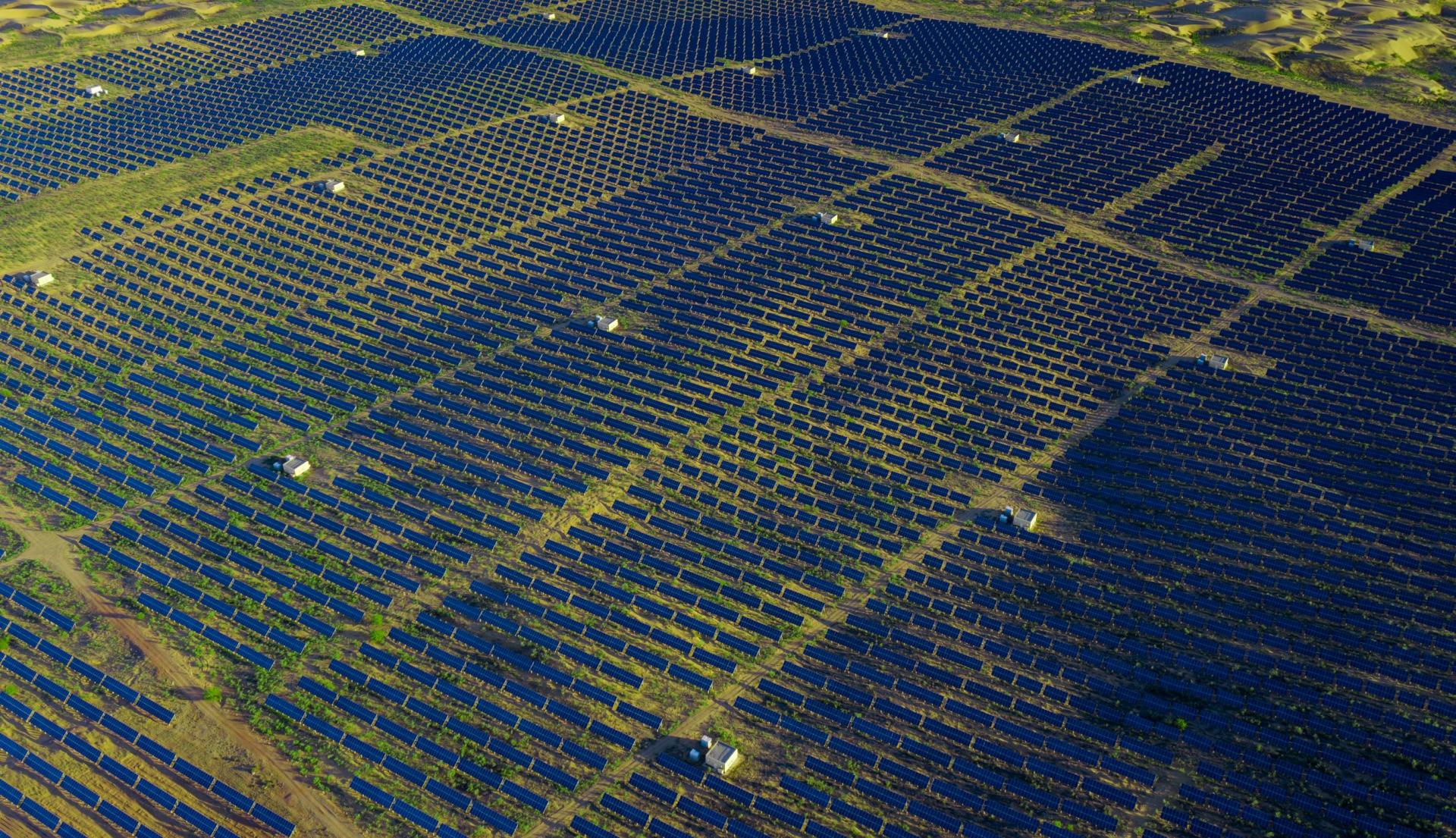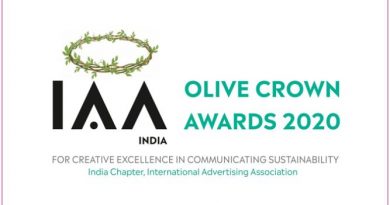Winners Of UNIDO Call For Innovative Solutions and Sustainable Land Management
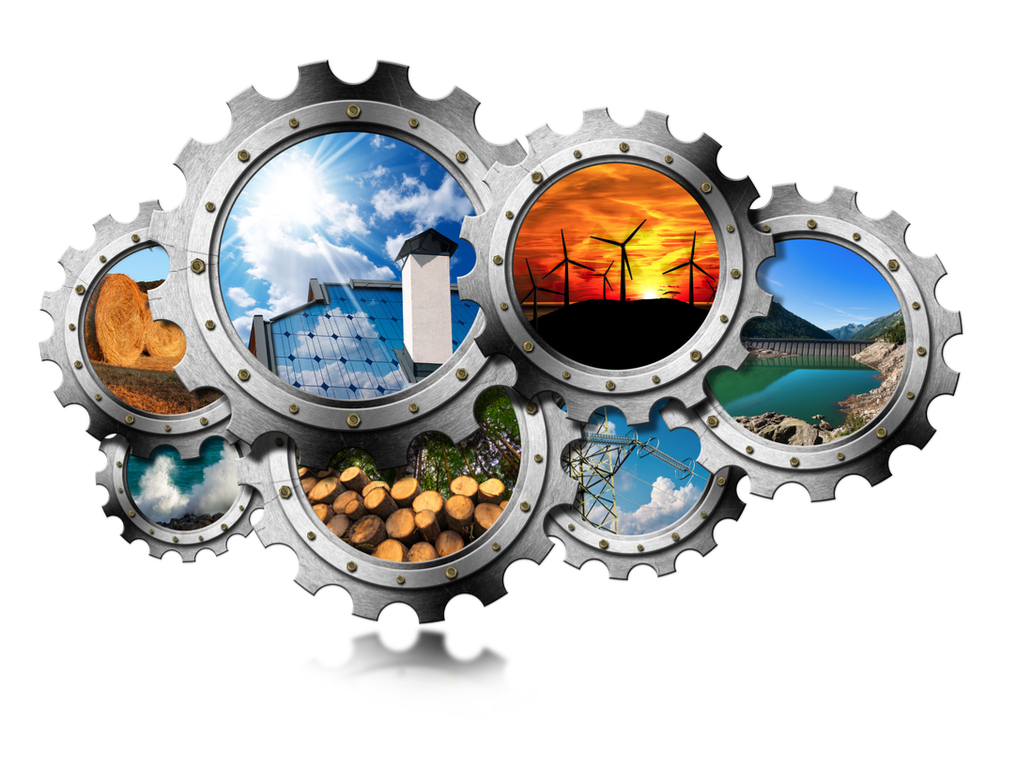
Earlier this year, United Nations Industrial Development Organization (UNIDO), launched a Global Call for Innovative Solutions in Cleantech and Sustainable Land Management. Its objective was to identify readily deployable and scalable solutions to address the adverse effects of climate change and ultimately contribute to inclusive and sustainable economic development.
The competition defined cleantech as any process, product, or service that reduces negative environmental impacts through significant energy efficiency improvements, the sustainable use of resources, or environmental protection activities. Sustainable land management refers to innovative solutions productive lands, including new technologies and approaches to production with a demonstrable positive contribution to soil health, land rehabilitation and combating desertification. Both cleantech and sustainable land management are vital tools in the fight against climate change, which is why this Global Call is so important.
The response to the call was huge: 294 applications from 71 countries in five continents, illustrating the range and depth of cleantech companies around the world. So, let’s introduce this year’s winners:
Runwithit Synthetics (Canada)
RUNWITHIT is a Canadian company that uses Artificial Intelligence (AI) to create city or region-specific, localised ‘future labs’ to accelerate the decarbonisation of our urban areas.
These future labs, which the company calls Single Synthetic Environments (SSE’s), are AI models that include people, policy, climate, and any scenario of interest to help reduce emissions. They do this by generating scenario-based synthetic data for calculating the impacts and outcomes of design choices around technology, infrastructure, and policy of our cities. Everything from the design of our roads to how we live can be “modelled” on an AI computer, and using that information, better, less carbon intensive cities can be designed by planners.
Betteries AMPS (Germany)
Betteries is a Berlin-based company that recycles ‘second-life batteries’ for electric vehicles (EVs) in order to accelerate the transition to renewable energy. Re-using EV batteries – which are a huge environmental problem in developed countries – enables a cost reduction of 20 to 60 per cent compared to first life lithium-ion (Li-ion) batteries or diesel generators. The company’s goal is to provide low-cost energy storage that can power mobility devices and work tools for people with limited resources in the developed world, for example for rickshaw drivers in Africa and India. The recycled batteries can be rented on a long or short term basis; an affordable and renewable solution.
Polycare Research Technology (Germany)
Polycare is a sustainable building company based in Gehlberg, Germany that has developed building blocks (Polyblocks) made with inferior sands or processed waste and recycled PET waste (used in plastic bottles and clothes) as part of the binder. The polymer concrete is moulded into special block types that are used to construct Polycare housing. The houses can be built by unskilled workers and eventually dismantled again so that the blocks can be reused after the building lifecycle. The company’s goal is to build Polycare factories in Africa and other developing economies, so the growing demand for housing can be met without increasing emissions. At the moment, the company claims using its technology saves about 60 per cent of CO emissions compared to conventional building methods.
Chint New Energy Development (China)
Chint Solar is a solar power company based in Hangzhou which combines solar PV systems with innovative land management techniques. The company uses the space underneath the PV panels as farmland – both for crops and as grazing land – which helps local farmers use the land to its fullest potential.
Pictures Courtesy: UNIDO website

